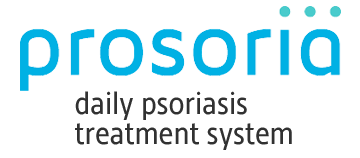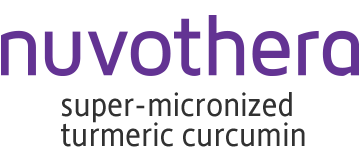
Alisha Bridges has lived and thrived with psoriatic disease for over two decades. She is a blogger and health advocate who strives to inspire others with her story of living with a chronic condition. She shares insights and helpful tips from her experiences and holistic approaches to help manage her chronic condition. Read her poignant story:
“You are a pretty girl, but your skin is ugly.”
Those hurtful words pierced through me. I immediately felt pain, emotional discomfort, and shame. Those words killed my self-esteem, and for a moment, a part of me crawled away and died.
At this time, I was in my early 20’s and about 90% covered with psoriasis. I was living in Alabama during the summer, where 100-degree weather was the norm. I was ashamed of the condition of my skin, and despite the heat, I tried my best to make it as inconspicuous as possible. Regardless of my long heavy jeans and long sleeve shirts, psoriasis on my hands and neck lived loud and free, still being seen by the world around me. However, in my mind, if I could cover up most of the disease, then it wouldn’t be noticed. I found out the hard way that people still saw my condition.
During this time, I was trying to mustard up the courage to break out my shell and to talk about my psoriasis more often. Typically, when people asked about my skin, I would avoid the conversation of psoriasis by stating I had an allergic reaction to something or that it was eczema. These were things that people were familiar with, and it didn’t require me to expound. When I would tell people I had psoriasis, they would give me a confused look, then a host of questions would follow. -- Questions I was not ready or comfortable answering.
One day while on a break outside of work, a co-worker approached me with what I thought was a regular conversation. He asked me about my college at the time and how long I had been working at the establishment. A few minutes into the conversation, he asked what was going on with my hand, referring to the plaques of psoriasis making a guest appearance. As I attempted to gather my words and to try to explain it, he cut me off and said, “You know, you are a really pretty girl, but your skin is ugly.”
At that moment, I felt like a deer, crossing the street, minding its business, and then it gets hits by a car. His words were unexpected, hurtful, and struck me, and at that moment I wanted to crawl in a ball and die. I think it hurt me so bad because he confirmed something I already felt deep inside and was trying to hide and avoid. I felt ugly because of my skin. I felt if I could get rid of psoriasis, I would feel prettier. I was trying so hard to do what I could to cover my disease, yet it was still noticed by those around me.
At that time, I was too afraid to defend myself and to speak up. I was so uncomfortable with my condition that I wasn’t confident enough to help make others comfortable with it. I hadn’t met the woman who I am now. The woman who spreads awareness about psoriasis every chance she gets. The woman who flaunts her psoriasis online in hopes it inspires someone else. Or the woman who unapologetically shares her story even if it is sometimes embarrassing.
I overcame in four ways:
In 2010, when I stumbled across a support group for those living with psoriasis, it opened my mind to a new world. For the first time ever, I was conversing with people living with the same disease I battled. I met people who could relate to my fears and understood my pain physically and emotionally. I literally went from a world where I felt alone to a place where I felt understood and accepted.
Then I found the National Psoriasis Foundation (NPF). They serve millions of people living with psoriasis through research, support, and resources. I have seen firsthand the work that the NPF does to help those of us in the psoriasis community. The NPF has changed my life by connecting me with a dermatologist who is passionate about the disease. This organization has placed me with mentors who are living their best life with the condition. Finally, the NPF has allowed me to share my story among those who are the most influential in the medical community.
Next, I found my voice, and in my voice, I found my power. When I started sharing my story, I noticed more people could relate vs. those who did not understand. I found that in actuality, most people could relate because even if it’s not psoriasis, we ALL have something we are struggling to accept or to change. Finding the courage to make my voice heard and to talk about my condition took time, but now I have arrived, and I am dedicated to spending my life sharing my story of psoriasis in hopes that it inspires others to overcome whatever chronic illness struggle they may be facing.
Finally, I worked to find a treatment such as Prosoria that works for me. When I found support from the NPF and others living with the disease, it opened my eyes to the possibility of clear skin, which I once thought was an unachievable goal. Once I found something that worked and helped me manage my symptoms of psoriasis, it empowered me to advocate for myself and to never give up on finding an effective treatment. I no longer feel hopeless.

